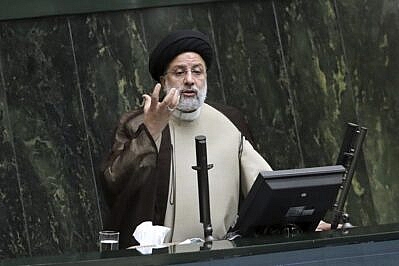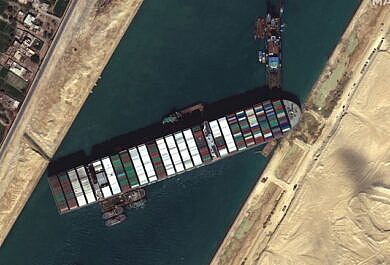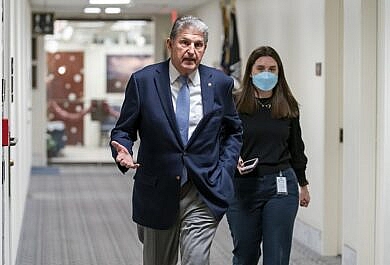The Biden administration is hoping to revive the 2015 nuclear deal with Iran. Critics say Iran is asking for too much.
Summary
Iran and the United States are returning to the negotiating table for a new nuclear deal this week.
- Experts don’t seem confident a new deal can be reached as Iran has dug in its position of immediate sanctions relief, which the West is unwilling to accept.
- Israel is pushing negotiators to include conditions that would require Iran to stop enriching uranium, which could be used for nuclear weapons research and development.
- In separate but related negotiations, Iran refused to give the International Atomic Energy Agency access to some key nuclear research sites.
- Israel is increasing its military readiness on the chance the talks could fail and action against Iran’s nuclear program is necessary.
![]()
- BBC News noted the stalemate between the United States and Iran: The United States is willing to make concessions but warned Tehran that the clock is ticking for a deal.
- NPR’s rundown of the situation provides comprehensive analysis of viewpoints of both American officials and Iran, while giving the perspective of American and Western critics of the deal.
- CNN’s reporting framed the talks as American negotiators and diplomats taking a hard line with the Iranians despite what critics of the negotiations say is “sacrificed leverage” to try to get a deal.
![]()
- Wall Street Journal’s reporting focused on the advances Iran has made since the United States left the agreement. The Journal’s editorial board warned that Biden’s desire for “a deal—any deal” suggests any leeway given Tehran emboldens them “to demand a deal that is even weaker” than the 2015 agreement.
- Breitbart highlighted opposition to an interim deal from Israeli Prime Minister Naftali Bennett who chided the United States for its potential “willingness to lift the sanctions” and give Iran access to billions of dollars.
© Dallas Gerber, 2021






